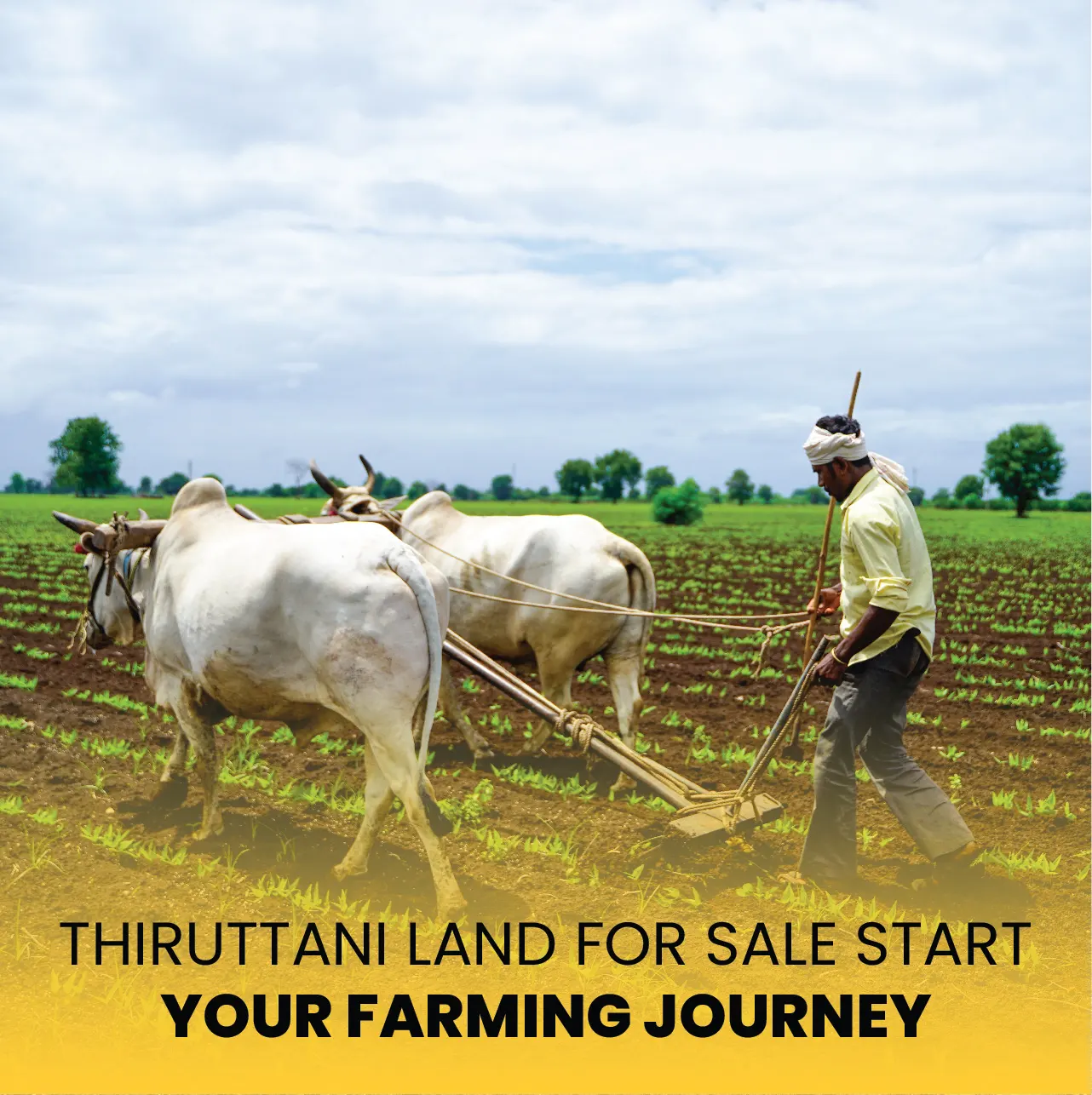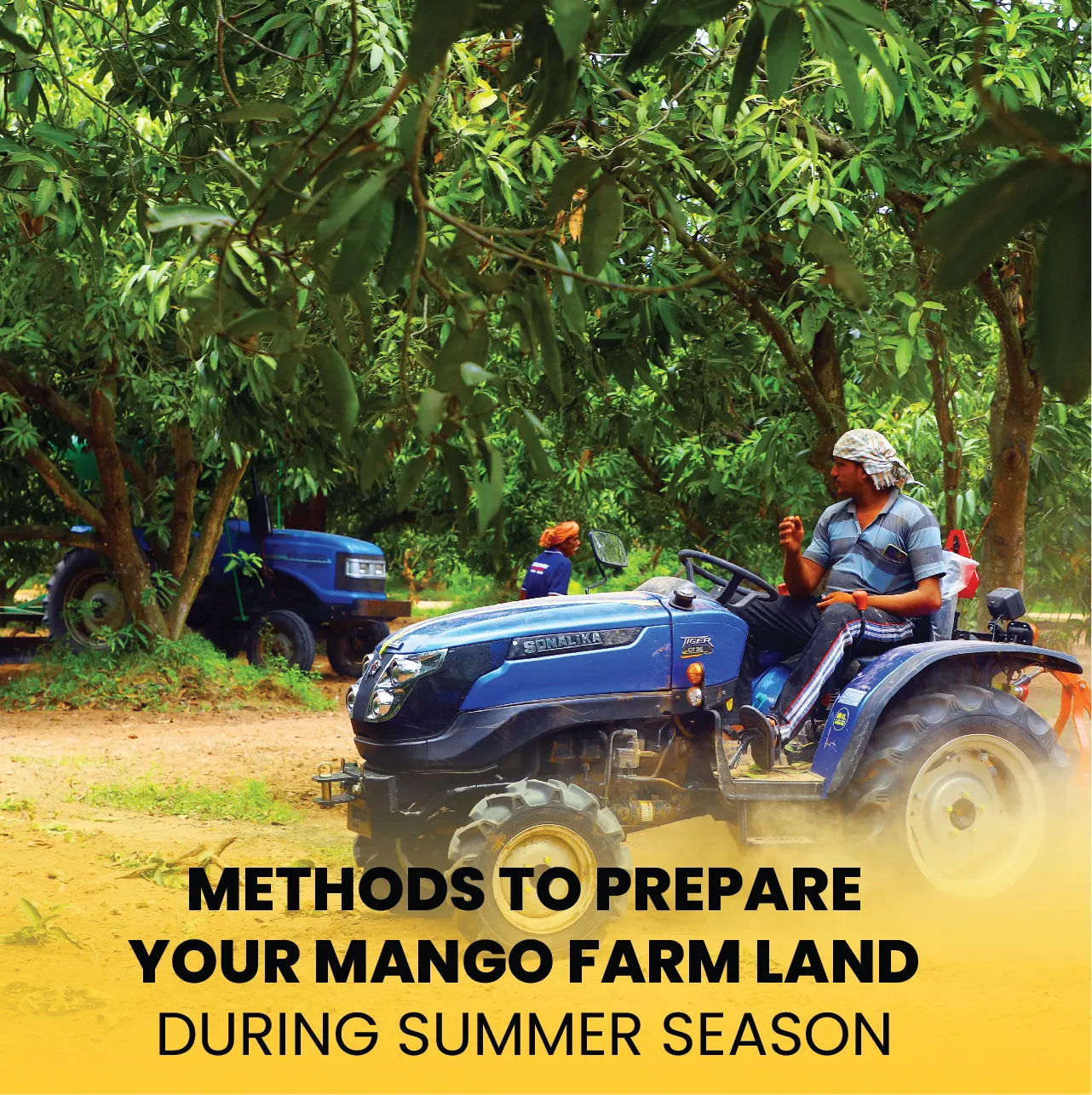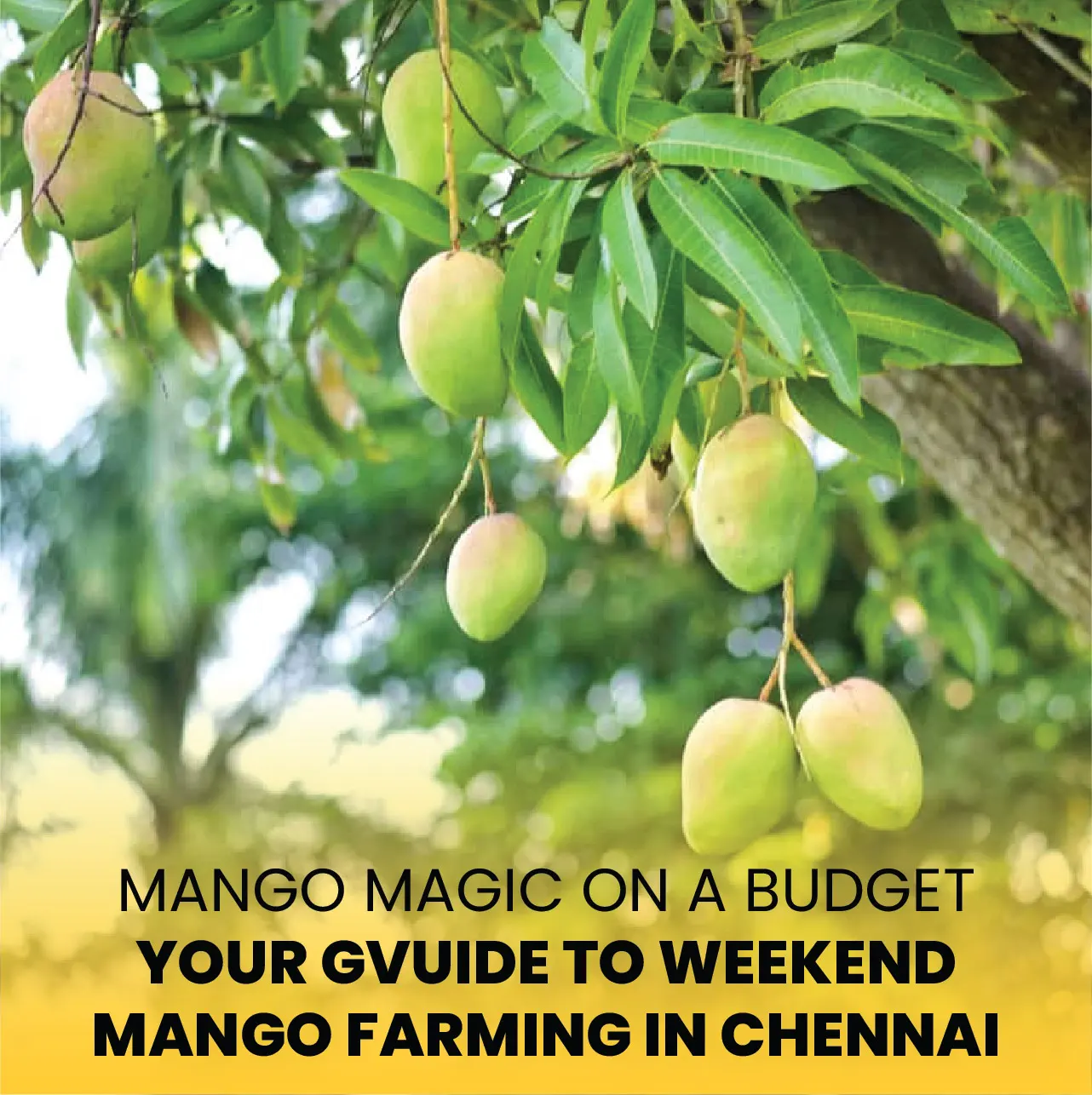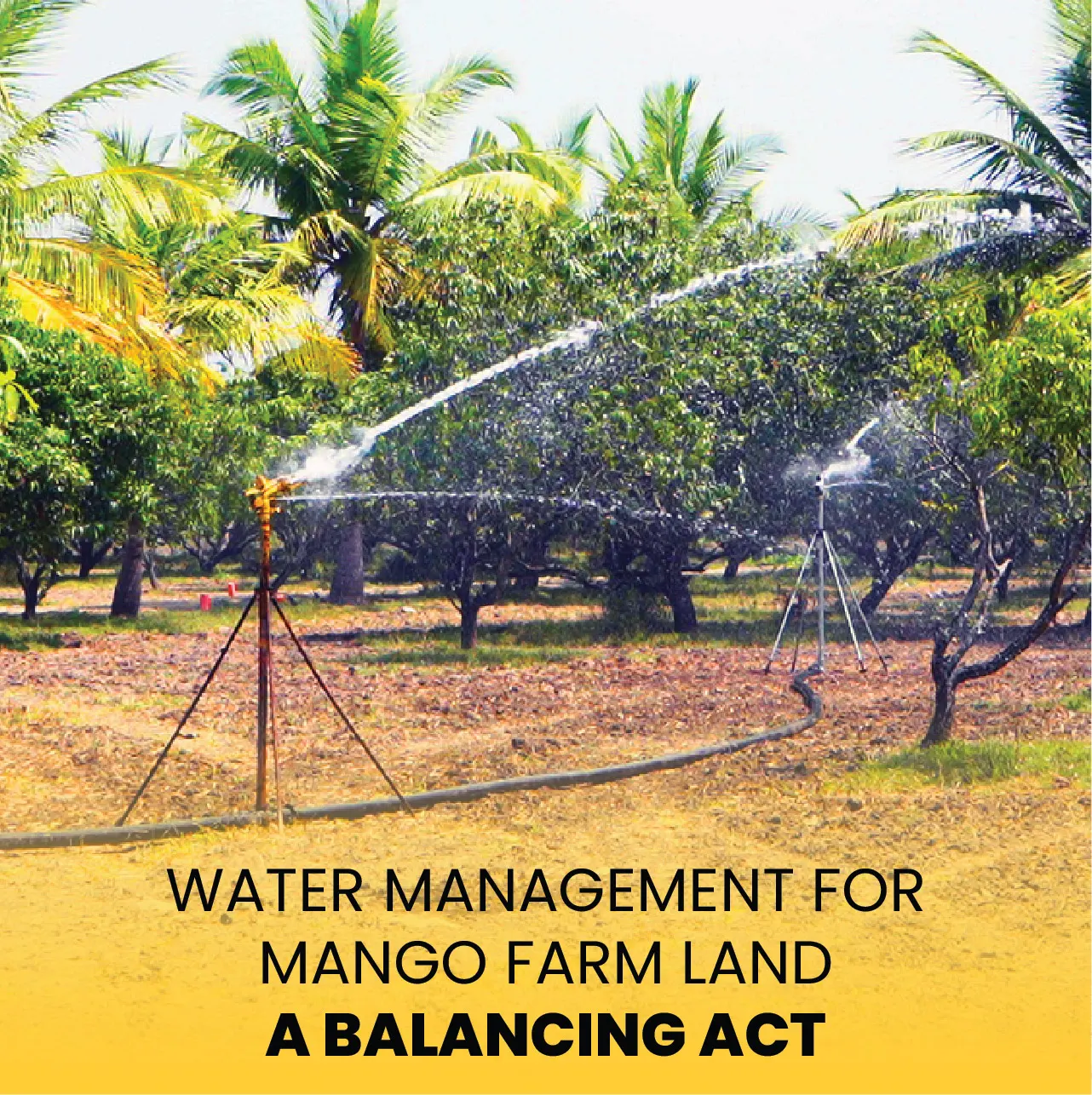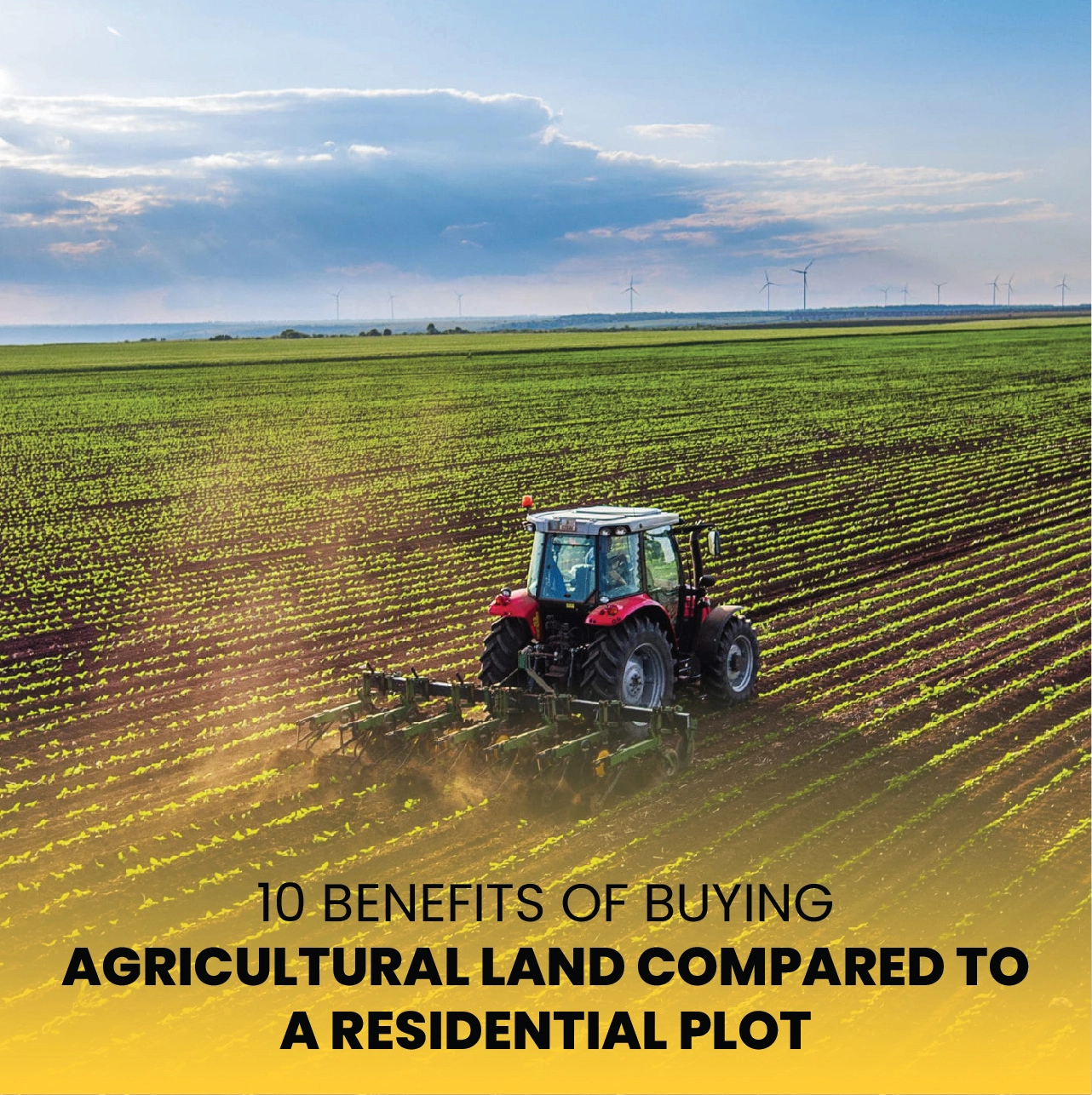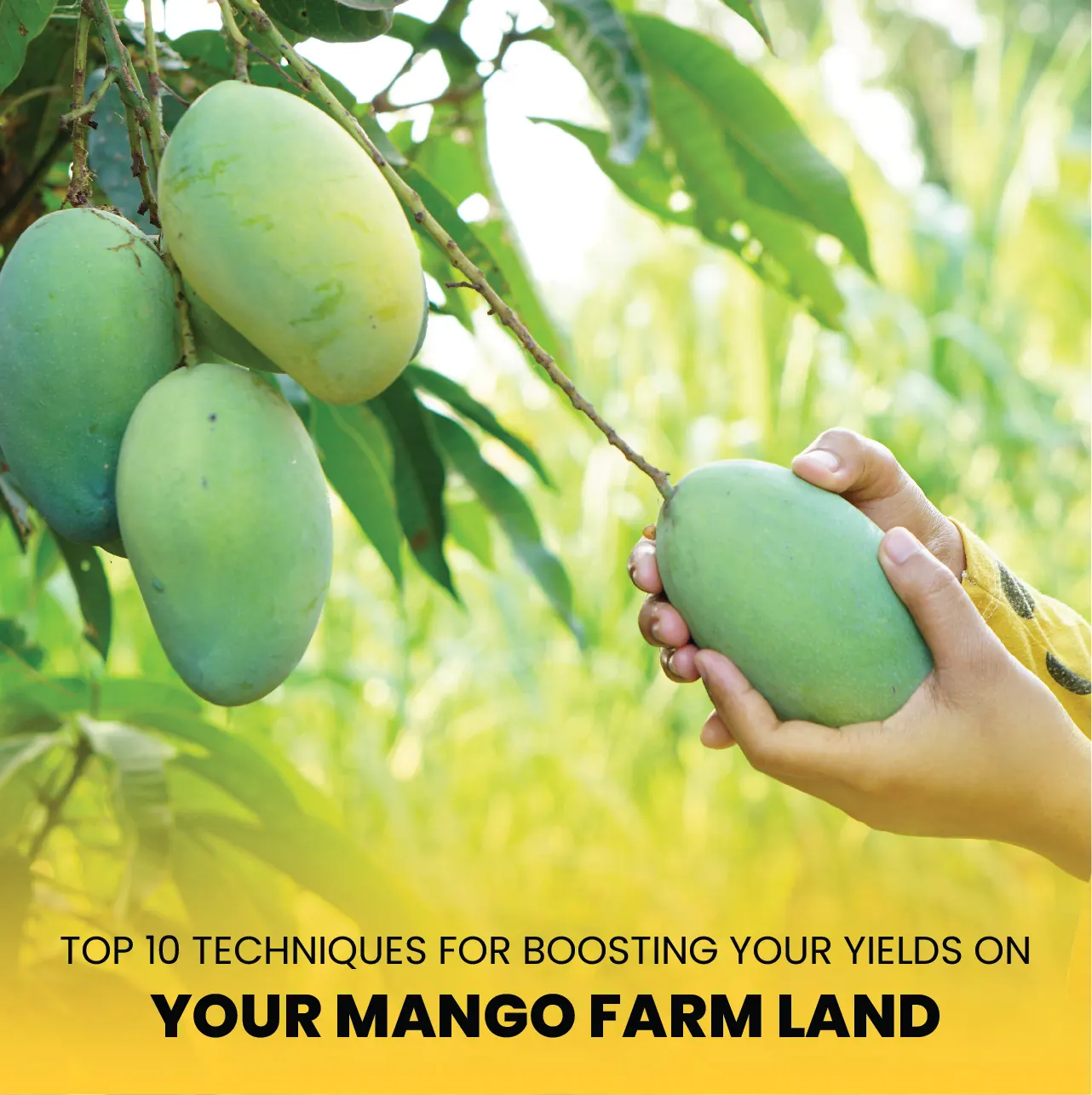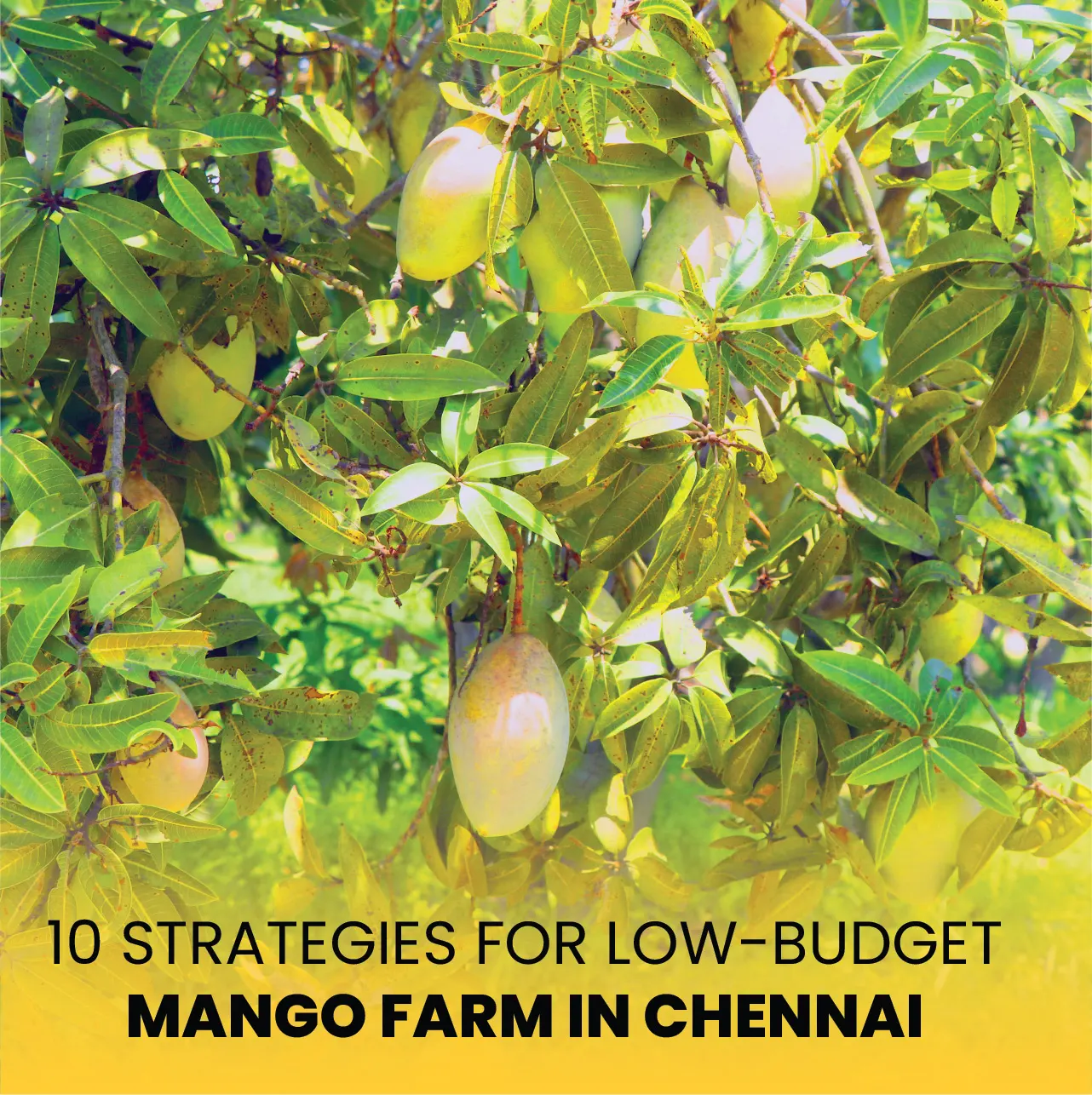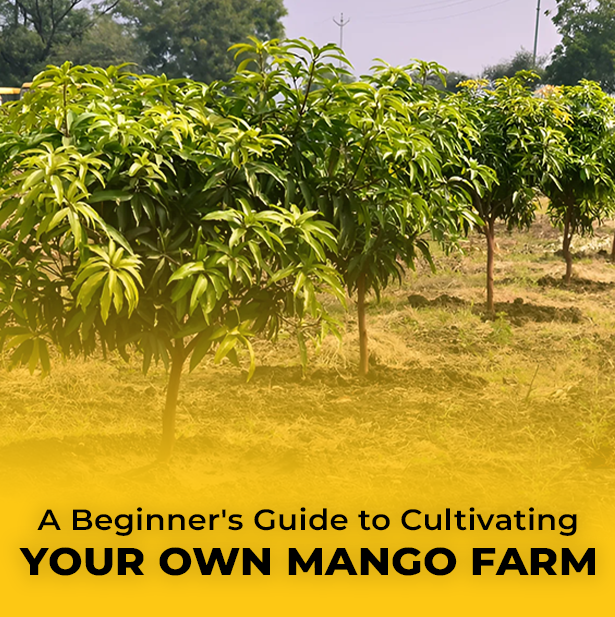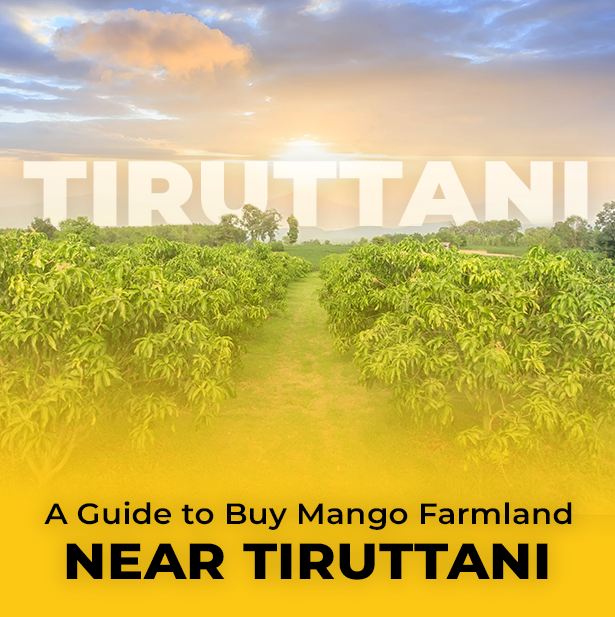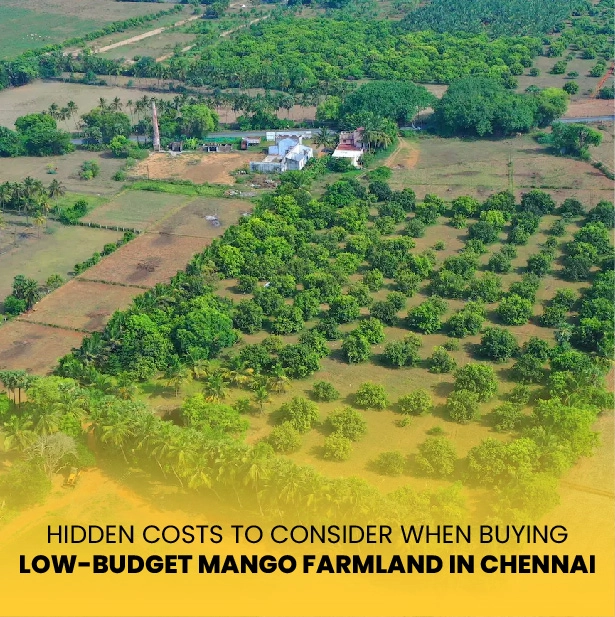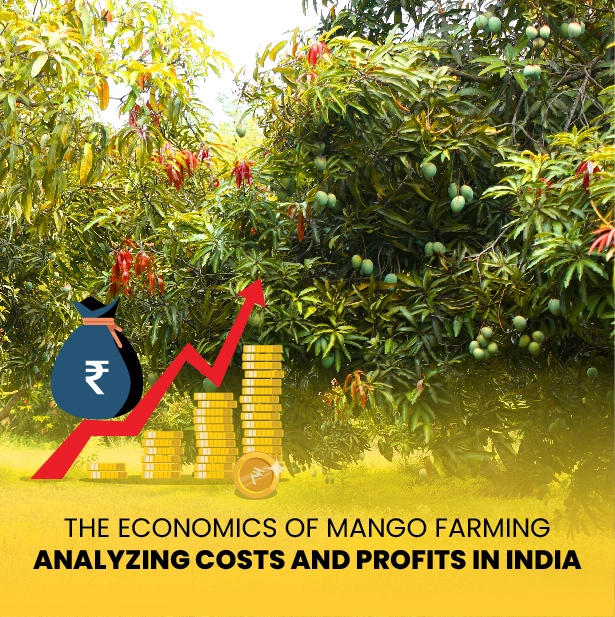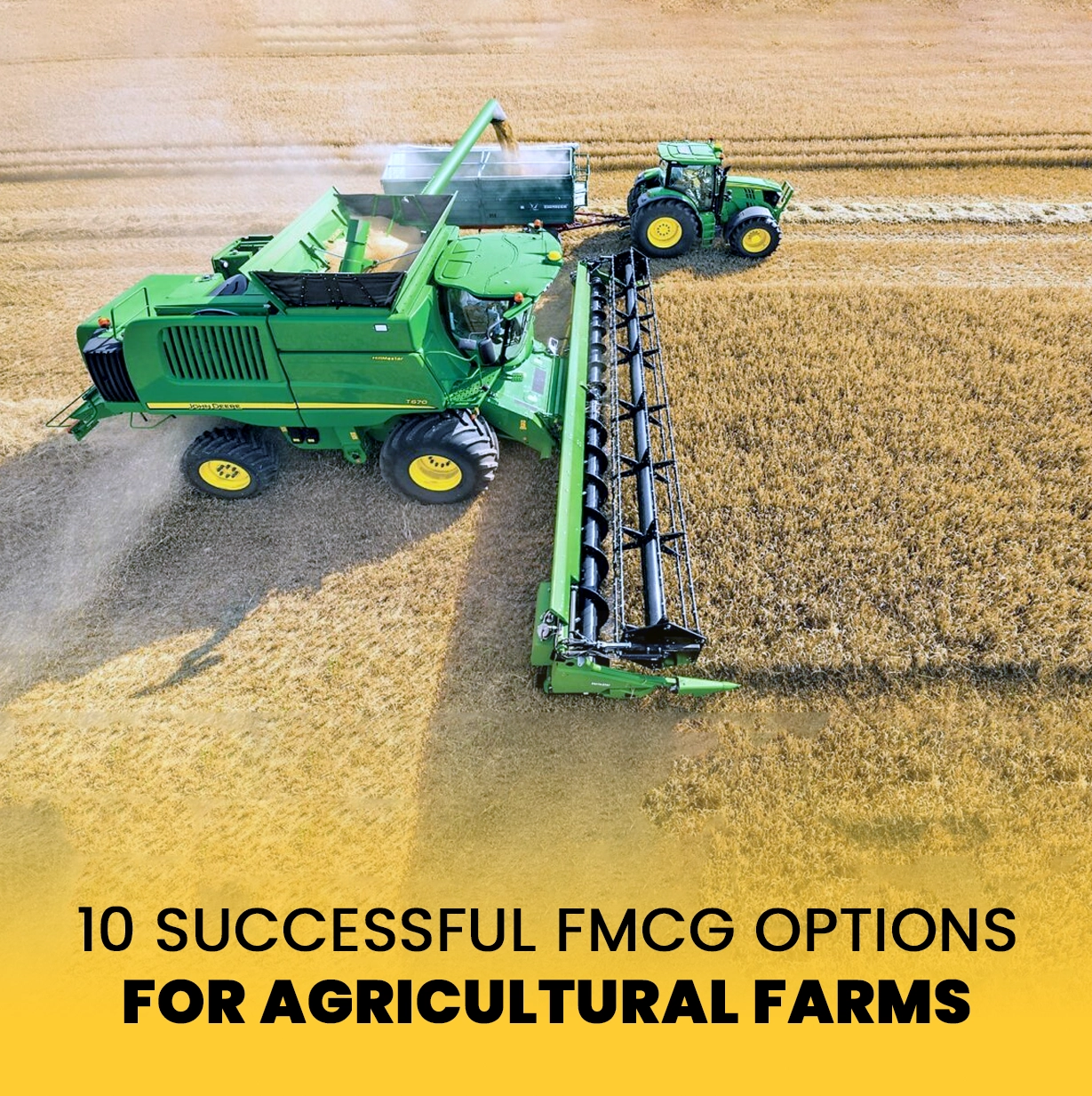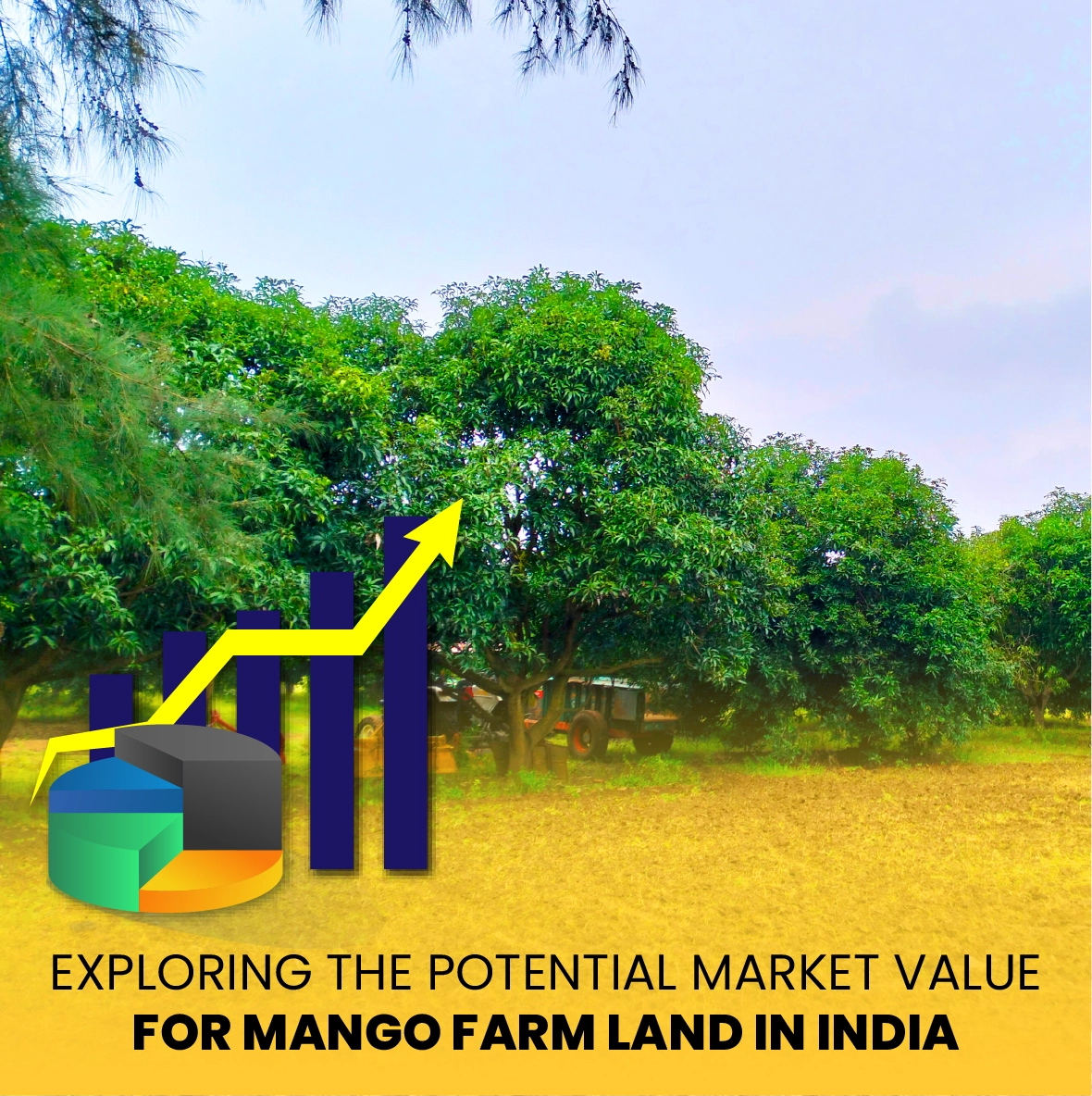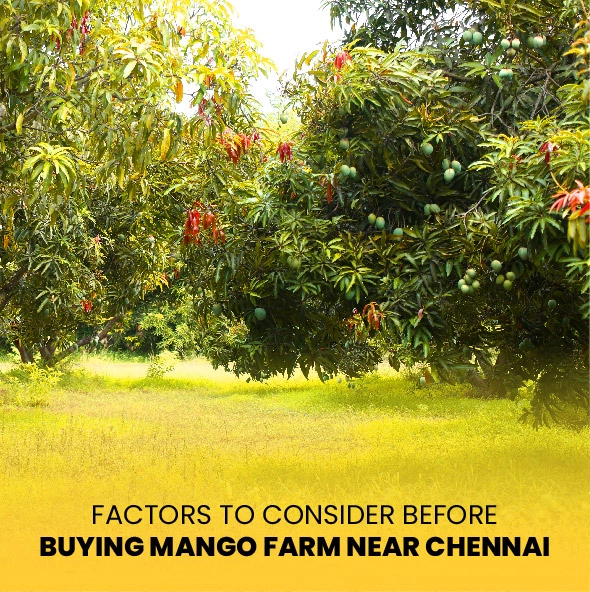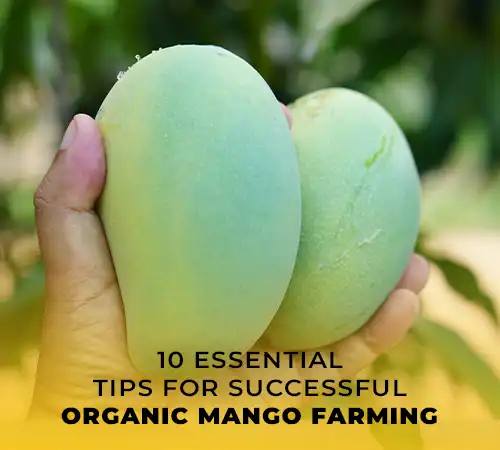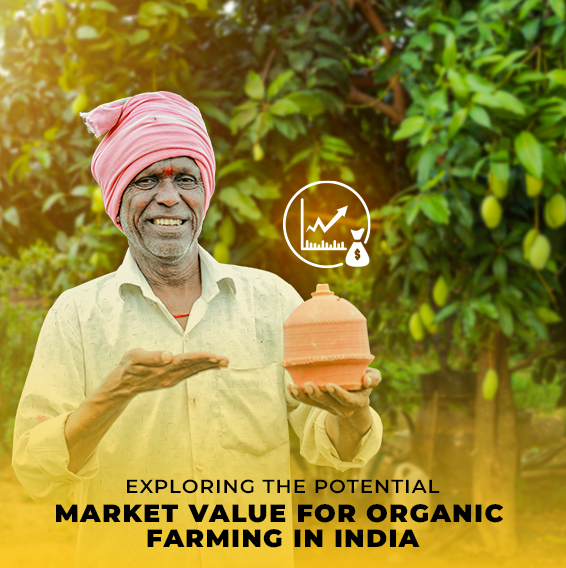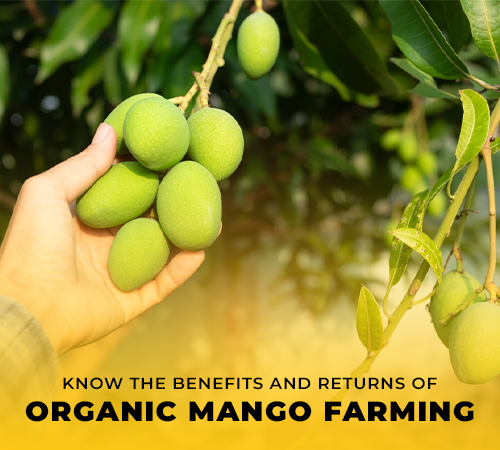has been a longstanding agricultural practice, cherished for its delicious fruits and economic viability. However, in recent years, there has been a growing interest in organic mango farming due to its perceived health benefits and environmental sustainability. In this article, we delve into the ten pros and cons of organic mango farming, shedding light on both the advantages and challenges that come with this agricultural practice.
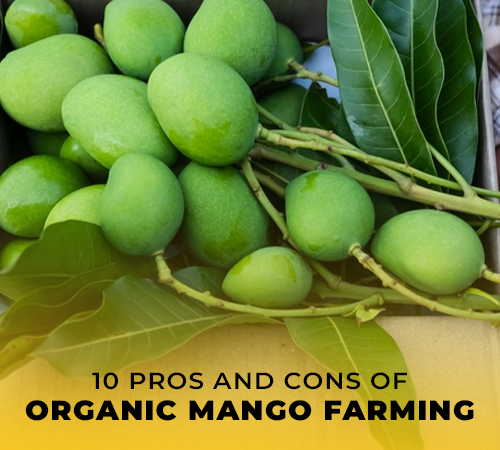
1 . Health Benefits: Organic mango farming involves the use of natural fertilizers and pesticides, avoiding harmful chemicals. As a result, organic mangoes tend to be healthier for consumers, and devoid of chemical residues that may pose health risks.
2 . Environmental Sustainability: By eschewing synthetic fertilizers and pesticides, organic mango farm land promotes soil health and biodiversity. It minimizes water pollution and reduces the ecological footprint associated with conventional farming practices, contributing to a more sustainable agricultural ecosystem.
3 . Premium Price: Organic mangoes often fetch a premium price in the market due to their perceived quality and health benefits. Farmers engaged in organic mango farming can thus enjoy higher profit margins compared to conventional counterparts.
4. Enhanced Soil Fertility: Organic farming practices such as composting and crop rotation improve soil fertility over time. This not only benefits mango cultivation but also enhances the overall productivity and resilience of the land, making it a valuable asset for future agricultural endeavors.
5. Market Demand: With increasing consumer awareness about health and environmental issues, the demand for organic produce, including mangoes, is on the rise. Engaging in organic mango farming can tap into this growing market demand, providing farmers with a lucrative opportunity.
6 . Reduced Dependency on Chemical Inputs: Organic mango farming relies on natural inputs such as compost, manure, and biofertilizers, reducing the dependency on synthetic chemicals. This not only cuts down production costs but also mitigates the environmental risks associated with chemical runoff and soil degradation.
7 . Certification Opportunities: Obtaining organic certification for mango farming can open up access to niche markets and export opportunities. Organic certification serves as a credible assurance of product quality and adherence to organic standards, boosting consumer trust and marketability.
8 . Long-term Sustainability: Organic farming practices prioritize long-term sustainability by focusing on soil health, biodiversity conservation, and ecosystem resilience. By adopting such practices, mango farmers can ensure the viability of their operations for generations to come.
9 . Healthier Working Environment: Organic mango farming promotes a safer and healthier working environment for farmers and farmworkers. By eliminating exposure to harmful chemicals, it reduces the risk of pesticide poisoning and related health issues, enhancing the overall well-being of agricultural communities.
Contribution to Food Security: Organic mango farming contributes to food security by promoting diverse cropping systems, preserving natural resources, and supporting local economies. By adopting sustainable agricultural practices, farmers can play a vital role in ensuring food availability and nutrition security for present and future generations.
1. Transition Period: Transitioning from conventional to organic mango farming can be challenging and time-consuming. It typically involves a three-year transition period during which farmers need to adhere to organic standards without reaping the benefits of organic certification or premium prices.
2 . Lower Initial Yields: Organic mango farming often yields lower initial harvests compared to conventional methods. This is because organic practices take time to build soil fertility and pest resistance, resulting in a slower start to production.
3 .Pest and Disease Management: Organic mango farming relies on integrated pest management (IPM) strategies and natural predators to control pests and diseases. While effective in the long run, these methods may require more labor and careful monitoring, posing challenges for farmers, especially during peak pest seasons.
4 . Weed Control: Weed management can be more labor-intensive in organic mango farming, as synthetic herbicides are not used. Farmers may need to resort to manual weeding, mulching, or alternative weed control methods to keep weeds at bay, increasing labor costs and time investment.
5 . Limited Market Access: While there is a growing demand for organic mangoes, access to niche markets and premium prices may be limited, especially for small-scale farmers or those in remote areas. Establishing market linkages and obtaining organic certification can be daunting tasks for some farmers.
6. Higher Production Costs: Organic mango farming often entails higher production costs due to the need for organic inputs, certification fees, and additional labor requirements. Farmers may need to invest in infrastructure, training, and equipment to meet organic standards, impacting their profitability in the short term.
7 . Market Volatility: The organic market can be subject to fluctuations and volatility, influenced by factors such as consumer preferences, global supply chains, and regulatory changes. Farmers engaged in organic mango farming may face uncertainties in pricing and market demand, affecting their financial stability.
8 . Certification Challenges: Obtaining organic certification for mango farming requires compliance with strict standards and regulations, which can be complex and costly. Small-scale farmers or those with limited resources may find it challenging to navigate the certification process, hindering their ability to access premium markets.
9 . Risk of Contamination: Organic mango farming is susceptible to the risk of contamination from neighboring conventional farms or environmental pollutants. Cross-contamination through water sources, air drift, or soil contamination can jeopardize organic certification and undermine the integrity of organic produce.
10 . Knowledge and Skills Gap: Successful organic mango farming requires specialized knowledge and skills in organic agronomy, pest management, and soil conservation. Farmers may need access to training, technical assistance, and research support to effectively transition to organic practices and optimize their production systems
Organic mango farming offers numerous benefits, ranging from health and environmental advantages to market opportunities and long-term sustainability. However, it also presents challenges such as transition periods, pest management, and market access barriers. By weighing the pros and cons, farmers can make informed decisions about adopting organic
